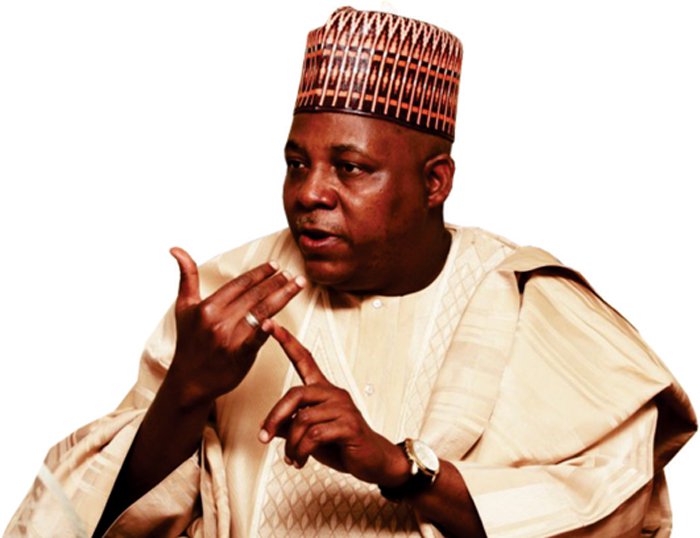
HAS Boko Haram gone out of our sights? No evidence points to that. We have seen, in spite of its being degraded, that the outlaw group has continued to wreak havoc. Yet we understand that it has failed to work for the past year, at least as a standing army with lethal capacity to mow down whole communities.
In the past weeks, we have witnessed the group make young, innocent girls act as suicide bombers who walked stealthily and unobtrusively into public places like markets and schools and mosques and allow themselves to detonate and kill citizens.
It has raised concerns as to whether our intelligence agencies have fully come round to the new tactic of the militants. But the new way of keeping the nation on its knees reveals that the Boko Haram sect has lost its main power and may be manifesting its last holdouts.
But this holdout could last for longer than we expect and strike terror in citizens, turning routinely peaceful activity and areas on edge.
But this is also a time to look at the bigger picture. As we have witnessed in the past years, many of the towns and villages under the severe control of the Islamic zealots have become free and are gradually coming to terms with a place they knew, where they worked, slept and worshipped and laughed turned into a strange place. They have to change from being aliens in their own town. And it is a struggle.
Borno State Governor, Kashim Shettima, gave the world a sense of the devastation the people and the rest of Nigeria are confronted with. “The Boko Haram insurgency has led to the deaths of almost 100,000 persons going by the estimates of community leaders over the years,” noted the governor.“ Two million, one hundred and fourteen thousand (2,114,000) persons have become internally displaced as at December of 2016 with five hundred and thirty seven thousand, eight hundred and fifteen (537,815) in separate camps; 158.201 are at official camps that consist of six centres with two transit camps at Muna and Custom House, both in Maiduguri.
“There are 379,614 IDPs at satellite camps comprising Ngala, Monguno, Bama,Banki,Pulka, Gwoza, Sabon Gari and other locations in the state; 73,404 were forced to become refugees in neighbouring countries with Niger having 11,402 and Cameroon, 62,002. We have an official record of 652,311 orphans who are separated and unaccompanied. We have 54,911 widows who have lost their husbands to the insurgency and about 9,012 have returned to their communities…”
The following paints a picture of a people who cannot recognise who they were and have to reconcile themselves to lost husbands, lost means of livelihood, lost homes, lost parents, and so on.
The implications are still dire. The Federal Government and the Borno State government have demonstrated in public their intention to restore their lives. But this will take not only time but enormous resources.
Reports have shown that some individuals like Aliko Dangote and institutions like the United Nations have devoted significant resources to the place, the Federal Government needs to mobilise also a sense of urgency to their plights with a big information blitz.
Governor Shettima has started within resources to rebuild schools, homes and healthcare. He will need a lot more help. More importantly, the sort of poor governance that birthed the violence must not repeat itself, especially the sort under Shettima’s predecessor, Ali Modu Sherrif, who looked away when he should have stanched the bloodletting at its initial stage.
END

Be the first to comment